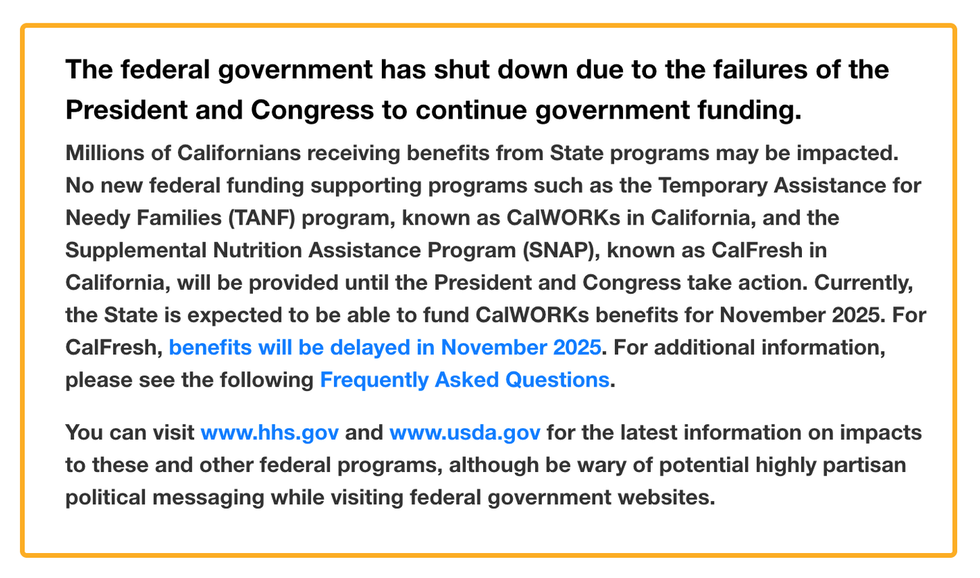Despite recent positive upticks for the economy, including an unemployment rate that's dipped below 4% for the first time since 2000, wealth inequality continues to minimize these gains for members of the middle and lower classes. For instance, according to a new study released Thursday, March 17, by the United Way ALICE Project, 43% of U.S. families can't afford basic necessities of living like rent and food.
United Way's statistic counts 16.1 million of those households as living in poverty and another 34.7 million as ALICE, which stands for "Asset Limited, Income Constrained, Employed."
"Child care workers, home health aides, office assistants and store clerks," especially those in California, New Mexico, and Hawaii, are among those struggling those most in the current economy.
Stephanie Hoopes, the ALICE program's director, commented:
Despite seemingly positive economic signs, the ALICE data shows that financial hardship is still a pervasive problem.
The study noted that a whopping 66% of jobs in the U.S. pay under $20 an hour. The 2016 "survival budget" for a family in Seattle's King County, however, was almost $85,000, which necessitates an hourly wage of around $42.46, which only about 14% of Seattleites receive. While Seattle has just passed a controversial corporate tax to fight this growing inequality, the problem isn't confined to urban Washington state.
Many are calling for change. Perhaps it's time Americans earned a decent wage for their hard work.
H/T - CNN Money, United Way ALICE














 @vanessa_p_44/TikTok
@vanessa_p_44/TikTok @vanessa_p_44/TikTok
@vanessa_p_44/TikTok @vanessa_p_44/TikTok
@vanessa_p_44/TikTok @vanessa_p_44/TikTok
@vanessa_p_44/TikTok @vanessa_p_44/TikTok
@vanessa_p_44/TikTok





 @GovPressOffice/X
@GovPressOffice/X @GovPressOffice/X
@GovPressOffice/X @GovPressOffice/X
@GovPressOffice/X @GovPressOffice/X
@GovPressOffice/X

 mass.gov
mass.gov cdss.ca.gov
cdss.ca.gov